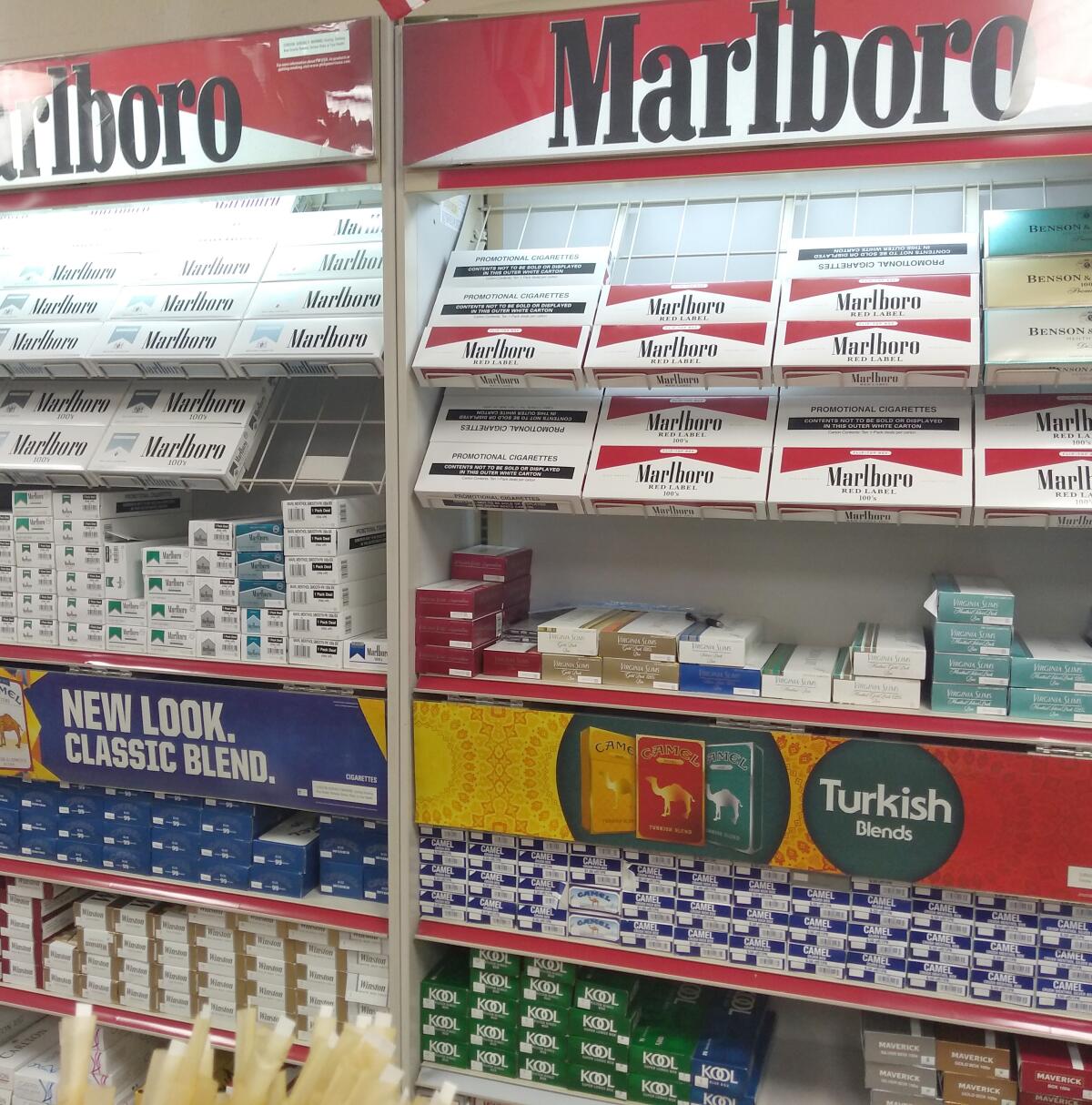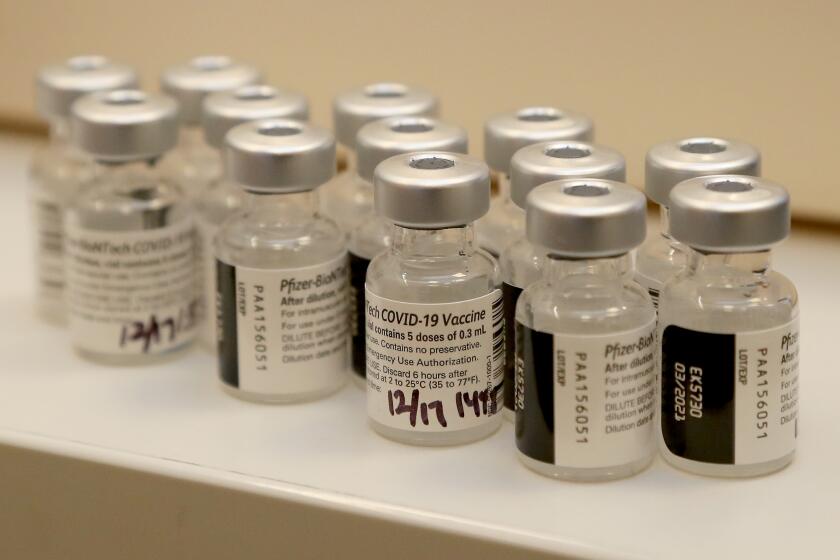Commentary: More lung cancer screenings means more lives saved

- Share via
Millions more people in the U.S. may now qualify for the only screening test proven to catch lung cancer when it’s curable, a significant step when it comes to turning the tide against the nation’s — and Orange County’s — most lethal form of cancer.
This week, the U.S. Preventive Services Task Force expanded its lung cancer screening guidelines, recommending yearly low-dose CT (LDCT) scans for younger smokers with shorter smoking histories. The new advice lowers the age when screening should begin — to 50 from 55 — and shortens the smoking history to 20 pack-years from 30 pack-years. Pack-years means the number of packs smoked per day multiplied by the number of years smoked. For example, someone who smoked one pack per day for 20 years and someone who smoked two packs per day for 10 years would both have a 20 pack-year history of smoking.
With its new advice, the task force has opened the door for screening more women and African Americans – both of whom tend to develop lung cancer earlier than white men and after less tobacco exposure. The new guidelines mean that insurers must offer the screening without a copay to a broader range of people who meet the new guidelines.
As a lung cancer surgeon, I know that widening the pathway to screening is an important — and much-needed — change.
Low-income Orange County residents may feel distrust and face other barriers to pursuing vaccination against the coronavirus.
Lung cancer claims more lives each year than colorectal, breast, pancreatic and prostate cancer combined. Lung cancer screening is much easier and quicker than mammography and colonoscopy — but it’s not nearly as well-known or well-utilized.
Low-dose CT scans only take seconds and capture the full chest cavity in a single breath. LDCT uses low-dosage X-rays to produce images of the body from different points of view. There’s no discomfort. Low-dose CT scans discover lung cancer at an early stage 64% to 85% of the time, when it can be cured.
Yet, less than 5% of eligible people get screened. Why is that? Barriers include lack of awareness, misconceptions about the risk — and the stigma associated with smoking.
There’s a vital step each of us must take to protect those we love and encourage the people most at risk of dying from lung cancer to get screened.
It’s time to put an end to smoke-shaming. Smoke-shaming is a form of shunning that attempts to make people who smoke feel ostracized, guilty and embarrassed.
Research conducted by lung cancer clinician-scientists at City of Hope has found that shaming smokers may cause some to forego first-line screenings that can detect lung cancer in its infancy and potentially save their lives. Around 36% of the participants over age 55 agreed that they might put off a lung cancer scan because they worried about feeling like an outcast for smoking. Around 37% said they might delay a scan because they worried about being blamed for having smoked.
A scan postponed is an opportunity missed. Currently, only about 15% of lung cancer cases are diagnosed early on, which means people are at risk of missing the opportunity to take their best shot against the disease.
Early detection is the key to surviving lung cancer, and people who smoke are more likely to quit when their scan shows potential signs of the disease. What’s needed, in addition to increased funding for lung cancer screenings and smoking cessation programs, is positive reinforcement. Smokers are more likely to listen to cessation messages that focus on health benefits and not moral judgment.
If you smoke, make a plan to stop. There are many outstanding smoking cessation programs available, some conveniently offered virtually.
And above all, if you’re eligible under the new guidelines, please get tested. Don’t allow the fear of lung cancer or guilt for having smoked hold you back. We are making progress in finally defeating lung cancer, and getting more people to step up and take the test puts us in the right direction. Doing this simple test could save your life or the life of a loved one.
Dan Raz, M.D., M.A.S., is a lung cancer surgeon and oversees a low-dose lung cancer screening program at City of Hope Newport Beach.
All the latest on Orange County from Orange County.
Get our free TimesOC newsletter.
You may occasionally receive promotional content from the Daily Pilot.






